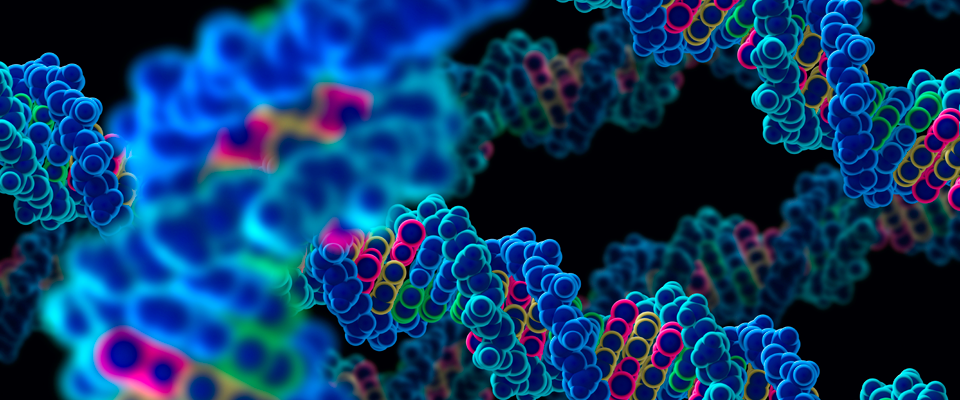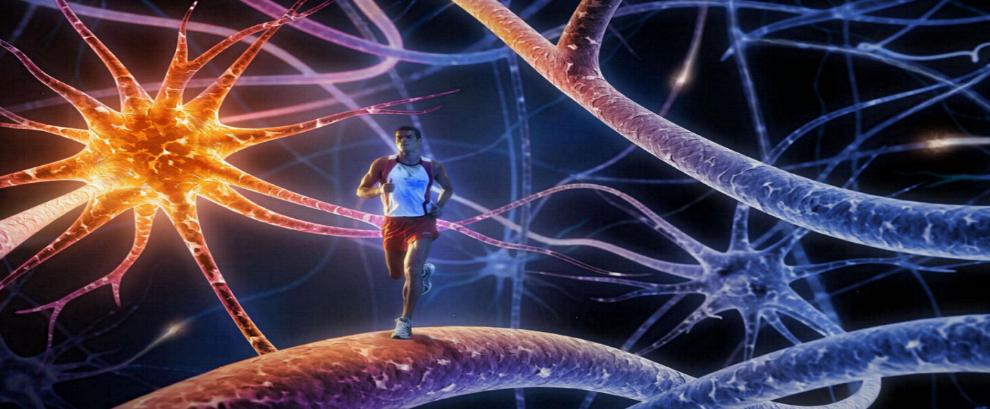
People who work the nightshift or odd hours and eat at irregular times are more prone to weight gain and diabetes, likely due to eating patterns not timed with natural daylight and when people typically eat. But is it possible to stave off the ill effects of eating at these “unusual” times despite it not being biologically preferable?
A new study from the Perelman School of Medicine at the University of Pennsylvania says “yes,” and sheds light on how the body knows when to eat. The study, published in Science, explains how researchers discovered a connection between the liver’s internal clock and feeding centers in the brain.
The team’s research shows that the liver sends signals to the brain via the vagus nerve, letting the brain know if eating...
Read More














Recent Comments